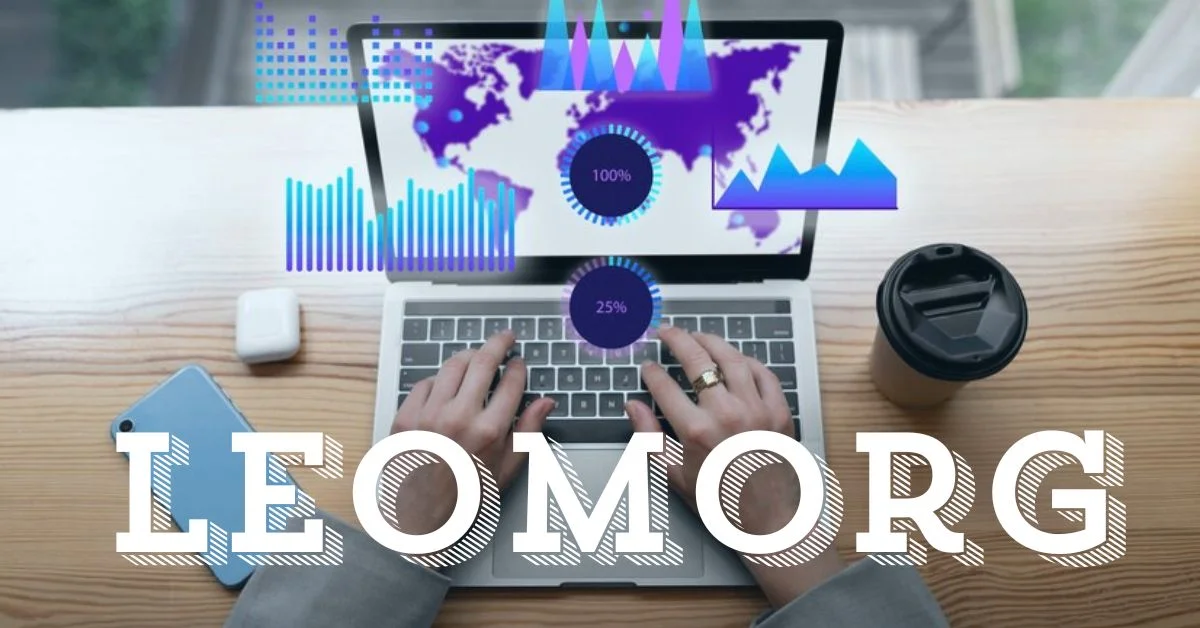In the world of digital trends and online discourse, certain terms emerge and spread across various platforms, often representing new ideas, challenges, or cultural shifts. One such enigmatic term gaining attention is real_ifustu. While it might appear unfamiliar at first glance, diving deeper into the concept reveals fascinating layers of meaning.
Origin and Definition
The term real_ifustu seems to be a combination of words or a coined phrase that emphasizes the distinction between what is real and what is not, but with a unique twist. Breaking it down:
- Real represents something tangible, authentic, or grounded in reality. In today’s digital era, where misinformation is rampant, establishing what is real has become a pressing concern.
- Ifustu, on the other hand, could be interpreted as a flexible, playful suffix, potentially symbolizing a phenomenon, behavior, or a way of thinking. It invokes curiosity as it feels like a futuristic term, designed to engage audiences with fresh perspectives.
Thus, real_ifustu could be seen as a concept that challenges how we perceive reality in a world increasingly dominated by technology, artificial intelligence, and social constructs.
Real_ifustu and the Age of Information Overload
We live in the age of information overload, where the boundaries between real and fabricated information are often blurred. The term real_ifustu might have emerged as a reaction to this cultural landscape. It highlights the importance of sifting through mountains of data to distinguish credible information from manipulated content.
Take social media platforms as an example. Every day, millions of users post opinions, news stories, and digital content. Not everything shared on these platforms is grounded in reality, and the truth is often twisted by algorithms designed to prioritize engagement over accuracy. Here, real_ifustu can symbolize the ongoing challenge of identifying what is real in a sea of fabricated or exaggerated information.
The Role of AI in Real_ifustu
Artificial intelligence has played a pivotal role in the evolution of content generation and perception. From chatbots to deepfakes, AI has the power to manipulate both text and visual data, blurring the line between reality and fiction.
In this context, real_ifustu could be seen as the pushback against the increasingly advanced AI-generated content that mimics human creativity. Whether it’s AI writing news articles or generating realistic images, discerning what’s genuine is becoming more challenging. The idea of real_ifustu might embody the quest for authenticity in an era where synthetic realities can be easily created and shared.
Real_ifustu in Virtual Spaces
Another dimension where real_ifustu takes center stage is the virtual space—online games, metaverses, and other digital worlds where individuals interact. As these spaces grow more immersive, they begin to resemble alternate realities. People create avatars and engage in activities that may bear no resemblance to their real lives.
Yet, these virtual worlds can evoke real emotions, connections, and even financial transactions, as seen in NFTs or in-game purchases. This paradox of what’s real versus what’s virtually constructed could easily be captured by the term real_ifustu. It reflects the modern challenge of balancing our online lives with the realities we face outside the digital realm.
Real_ifustu in Social Dynamics
On a social level, real_ifustu could also pertain to the human experience, particularly regarding self-expression and identity. With the rise of social media, people are more likely than ever to project idealized versions of themselves online. Filters, curated feeds, and selective storytelling often create a gap between who people appear to be and who they are in reality.
In this sense, real_ifustu could symbolize the growing need for authenticity and transparency in a world full of superficial online personas. The challenge of maintaining authenticity while navigating social media’s demand for perfection is something many people, particularly younger generations, face daily.
Real_ifustu and Misinformation
As fake news and misinformation continue to spread, real_ifustu serves as a reminder of the critical need for truth in media. Misinformation has the power to manipulate public opinion, influence elections, and erode trust in institutions. Real_ifustu could encapsulate the need to counter these effects by promoting accurate, evidence-based reporting and critical thinking among audiences.
Moreover, with the rise of AI-generated content, it’s more crucial than ever for fact-checking organizations and media outlets to combat the spread of misleading information. Real_ifustu could emerge as a rallying cry for those working to ensure that truth prevails in the digital age.
Practical Applications of Real_ifustu
So, how can individuals and organizations adopt the principles behind real_ifustu? Here are a few practical applications:
- Media Literacy: The ability to critically analyze media content is more important than ever. By fostering media literacy, individuals can learn to identify trustworthy sources and verify the accuracy of the information they consume.
- Transparency in Digital Spaces: Both individuals and companies can commit to transparency in their online interactions. Whether it’s a business disclosing its data practices or an influencer sharing their authentic experiences, transparency builds trust and aligns with the values of real_ifustu.
- Ethical Use of AI: As AI continues to shape how we interact with the world, it’s vital to promote ethical practices in its development and application. Ensuring that AI is used responsibly, particularly when it comes to content creation, will help maintain the balance between real and synthetic realities.
- Promotion of Authenticity: In both personal and professional spaces, promoting authenticity can help bridge the gap between online personas and real identities. Individuals who embrace their true selves, flaws and all, contribute to a more genuine and grounded digital environment.
The Future of Real_ifustu
As technology continues to evolve, the concept of real_ifustu will likely gain more relevance. Whether it’s in the context of combating misinformation, navigating virtual worlds, or promoting authenticity, real_ifustu represents a growing cultural shift. In a world where reality is increasingly questioned, this term embodies the importance of staying grounded in truth, integrity, and authenticity.
The future of real_ifustu might see it becoming part of mainstream discussions on media, AI, and social behavior. As individuals and organizations strive for greater transparency and truth in their interactions, real_ifustu could become a guiding principle in the digital age, helping people navigate a world filled with ever-evolving technological advancements and social challenges.







